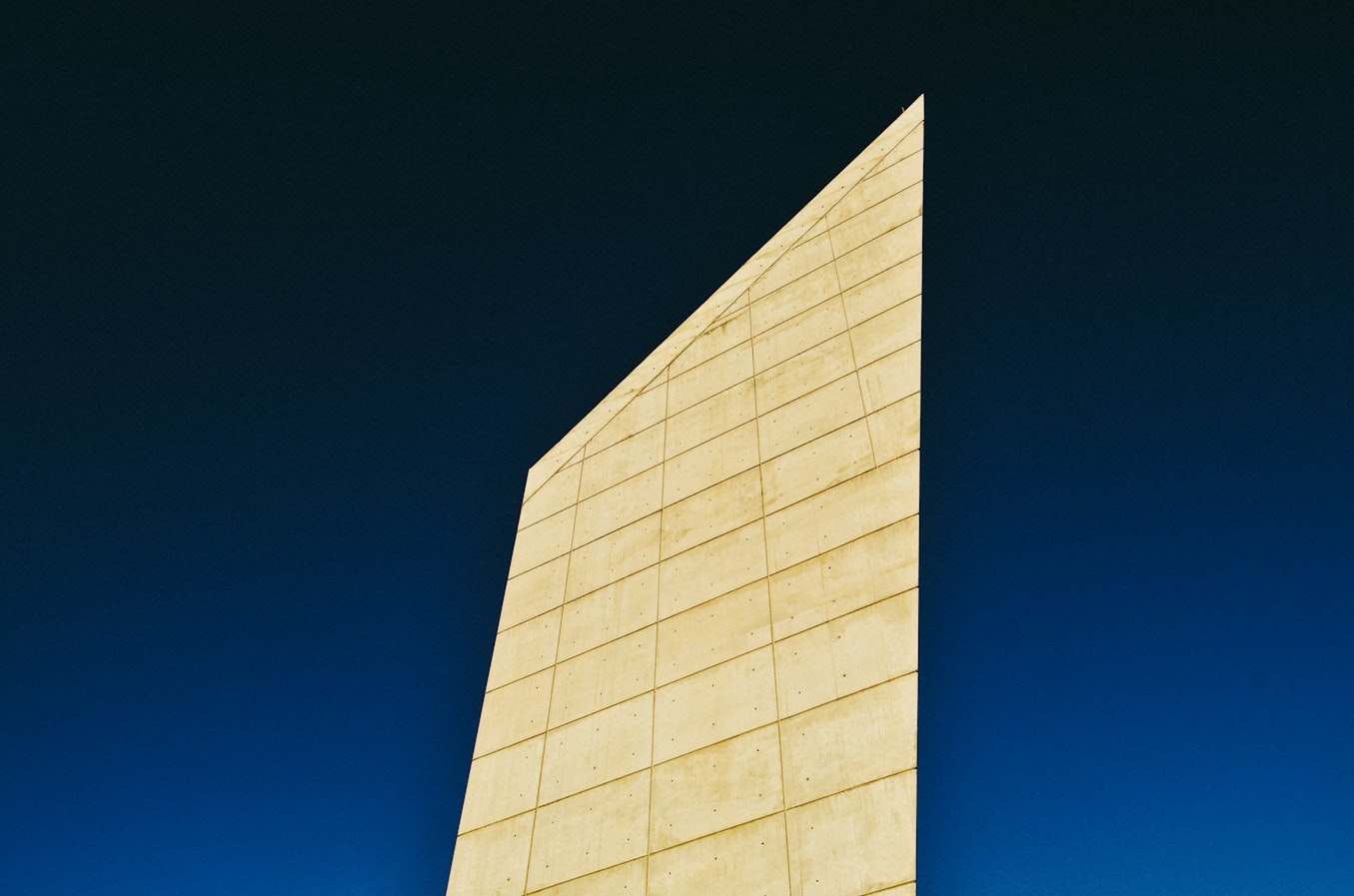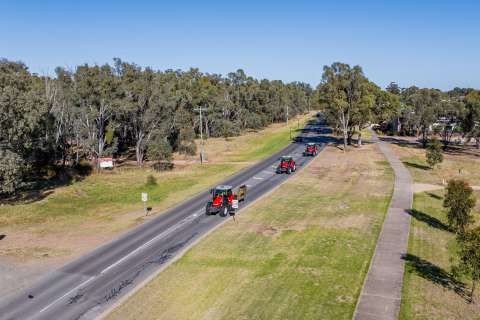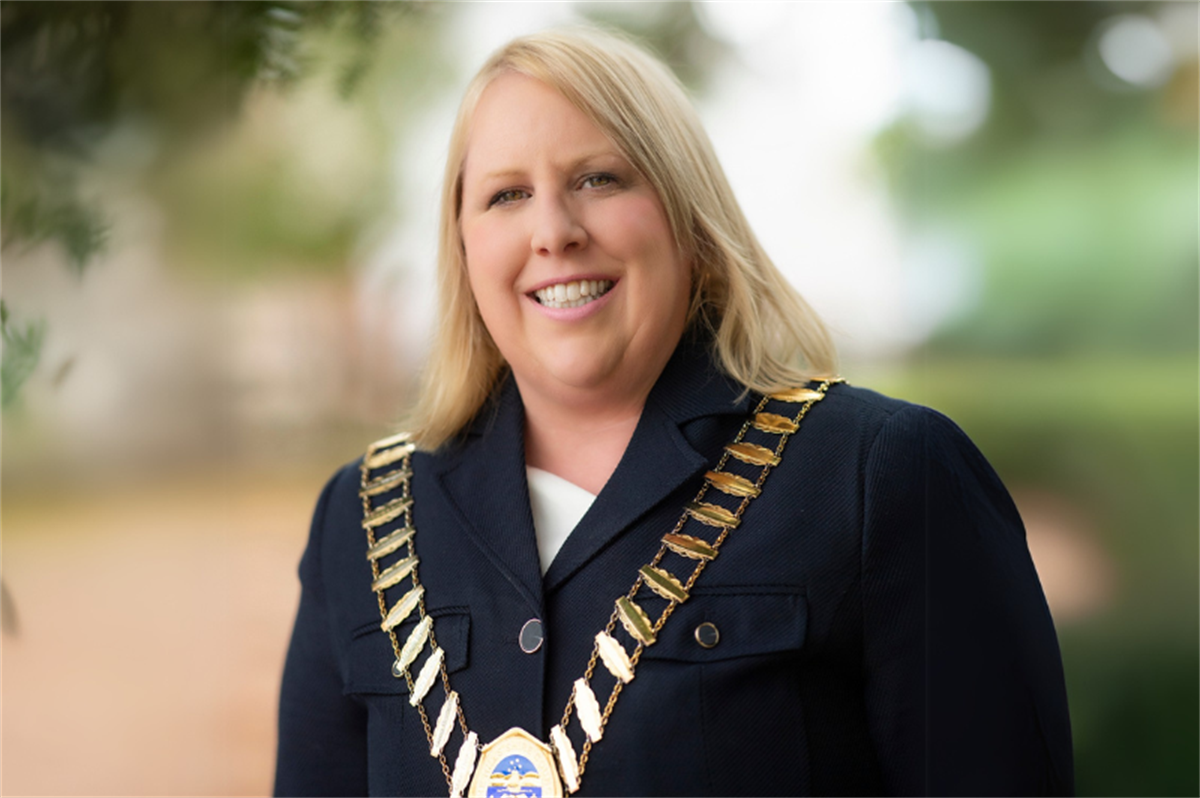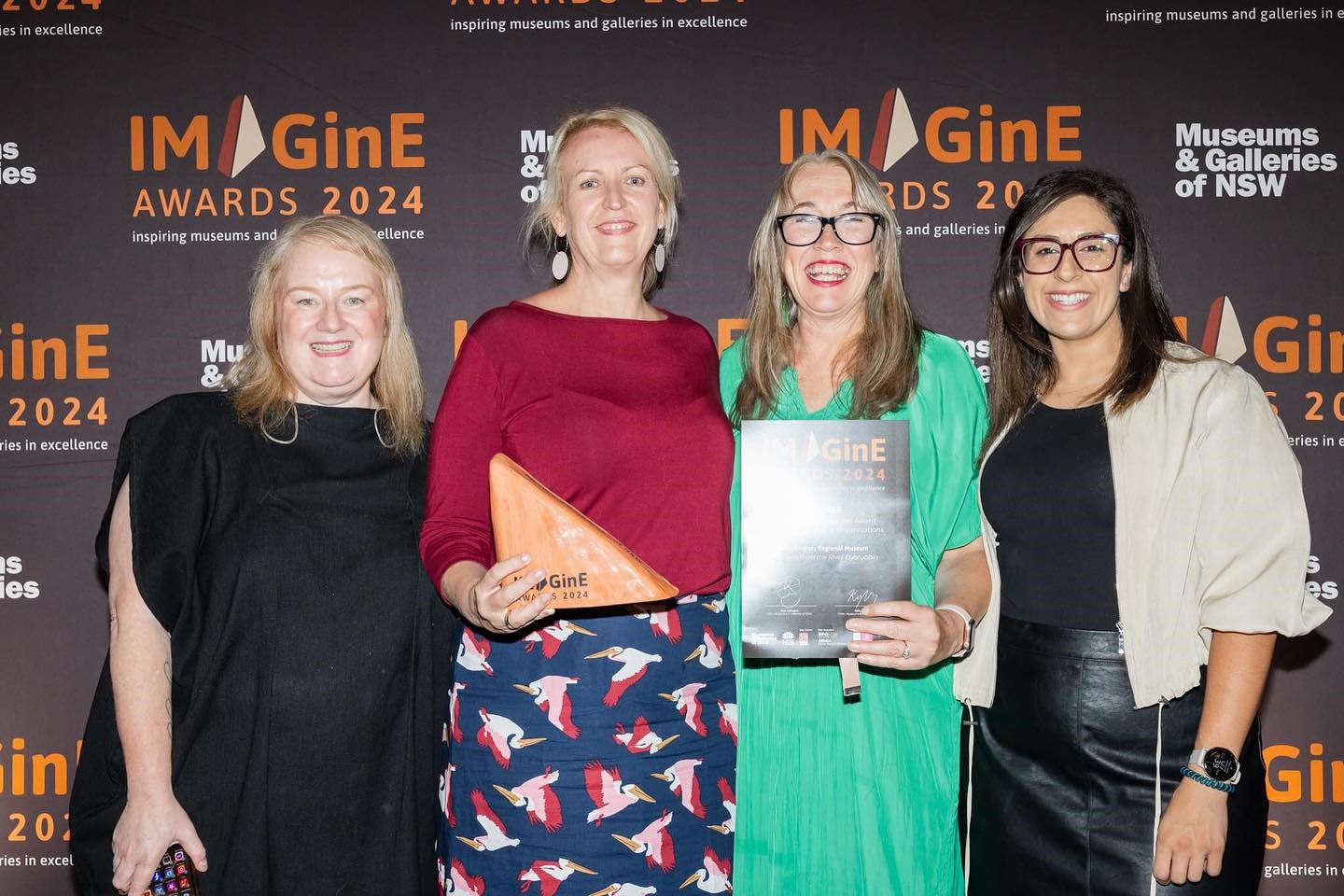Coronavirus restrictions have affected numerous events that traditionally take place on the TU/e campus. One such event is SensUs – the annual student competition that focuses on the development of innovative and personalized biosensors. Nevertheless, the SensUs 2020 organization team have risen to the challenge, and they have tailored this year’s competition so that it will take place entirely online. 15 student teams from around the world will take part in the first fully digital edition of SensUs on Friday, August 28th from 13.00.
Future healthcare looks destined to become highly personalized where individuals will be able to monitor key biometrics via biosensor devices from the comfort of their homes. The SensUs competition, which was first held in 2016, aims to accelerate developments in the field of biosensors for personalized healthcare by inviting student teams to participate in a friendly and competitive competition. This year, 15 multidisciplinary student teams from North America, Asia, Africa, and Europe take part, and you can watch the entire competition online on !
Biomarker and medical condition
Each year, SensUs teams must design a biosensor to measure a biomarker associated with a medical condition. This year, teams are required to design a biosensor to check for the presence of valproate in fluid samples. Valproate is a medication that can be used to treat the neurological disorder epilepsy. A key concern with administering valproate is that the amount needed varies from patient to patient. If the dose is too high, then a patient can become tired, display a lack of coordination, or suffer from dizziness. However, if the dose is too low, then the treatment will prove ineffective. A dedicated biosensor would invaluable to epilepsy patients as it would allow them to self-regulate their medication to meet their personal requirements as well as helping them to manage the condition on a daily basis.
Sensors for epilepsy workshop
Prior to the SensUs 2020 event, an online workshop entitled “Sensors for epilepsy” will take place on Wednesday August 26th (). The workshop is co-hosted by Prof. Dr. Menno Prins, the founder of SensUs, and Prof. dr. Marian Majoie from Maastricht UMC+, the center of expertise with regards to complex epilepsy, sleep disorders, and neurocognitive disorders. Majoie played a significant role in organizing the speaker line-up for the workshop. She recognizes the benefit of initiatives like SensUs. “We are looking for technologies and medical approaches to improve the quality of life of people with epilepsy”, says Majoie. “To achieve this, we need to connect with experts in multidisciplinary areas based in the Brainpoort region, and further afield. SensUs is fantastic competition that brings together these experts from the Netherlands and around the world. This can only help accelerate key developments.”

Testing replaced by concept and translation evaluation
In the traditional on-campus SensUs event, teams would test the accuracy of their biosensors using samples containing varying concentrations of the biomarker of interest. However, the coronavirus restrictions prevent teams from travelling to the TU/e campus. In addition, the progress of many teams was hindered by lockdown restrictions which prevented them from accessing their laboratories and forced the members of many teams to collaborate via remote means.
As a result, SensUs 2020 assesses teams for three different awards. First, for the Creativity award, the technical feasibility and innovative design of the biosensors will be assessed. Second, the Translation Potential award considers the likelihood of the biosensors becoming viable devices for future healthcare applications and assesses the proposed business model. Finally, the winner of Public Inspiration award is determined by the SensUs 2020 online audience.
To tune in to SensUs 2020, go to on Friday August 28th from 13.00 to 16.30.
Full details of the SensUs 2020 program can be found .







